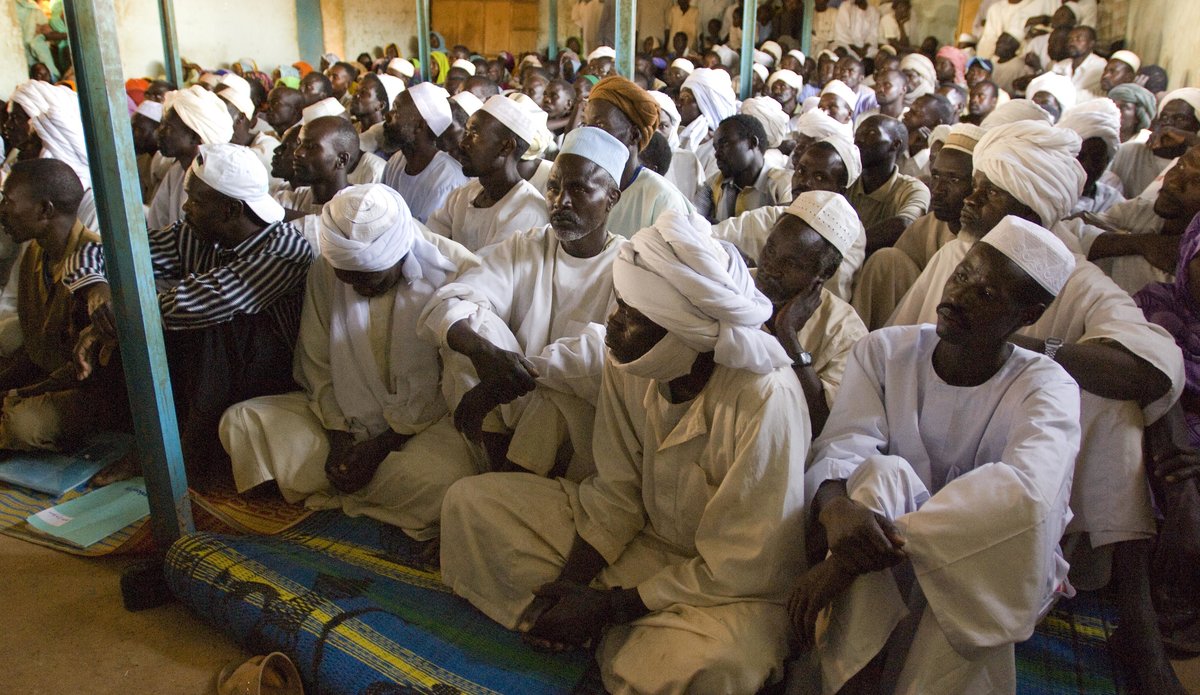In view of Resolution 1778, the MINURCAT Civil and Political Affairs Section seeks to harmonize the activities of the different sections and units within the mission and acts as the MINURCAT focal point for CONAFIT (Commission Nationale d’Appui à la Force Internationale au Tchad), the organisation put in place by the Chadian government to liaise with the UN and EUFOR. In addition, the Civil and Political Affairs Section contributes to the creation of adequate conditions for the voluntary return and social reintegration of IDPs, supports the restoration of state authority, and engages in community reconciliation activities.
Main activities of the Civil and Political Affairs Section include participation in local-level meetings, organization of workshops on conflict resolution and peace building, promotion of confidence-building initiatives to facilitate the voluntary return of IDPs. The Section also administers Quick Impact Projects (QIPs) for the different sections and units within MINURCAT. QIPs are small projects (limited to USD 25,000) designed to provide immediate action on selected themes within the MINURCAT mandate.
The Political and Civil Affairs Section is composed of 15 international staff, 2 national staff, and 3 UN Volunteer. Staff members are deployed throughout the area of operations in Abeche, Goz Beida, Farchana and Iriba, with a liaison office in N’Djamena.
For more information regarding the MINURCAT Civil and Political Affairs Section, please contact : Ousseni Compaore , Head of Political and Civil Affairs Division, compaoreo@un.org
Closure of MINURCAT
MINURCAT completed its mandate on 31 December 2010, in accordance with Security Council resolution 1923 (2010) and at the request of the Chadian Government, which had pledged full responsibility for protecting civilians on its territory. Following its withdrawal, the UN country team and the UN Integrated Peacebuilding Office in the Central African Republic (BINUCA) remained in the country to continue to work for the benefit of the Chadian people.
Reporting to the Security Council in December, the Secretary-General said “MINURCAT has been an unusual and unique United Nations peacekeeping operation in that it was devoted solely to contributing to the protection of civilians, without an explicit political mandate. It has gone through the stages of planning, deployment and withdrawal in the short span of less than four years, enduring adversities in each.”
For more on the implementation of the MINURCAT’s mandate, achievements and the lessons learned, please see the Secretary-General’s final report S/2010/611 of 1 December 2010.
 UN
UN United Nations Peacekeeping
United Nations Peacekeeping
